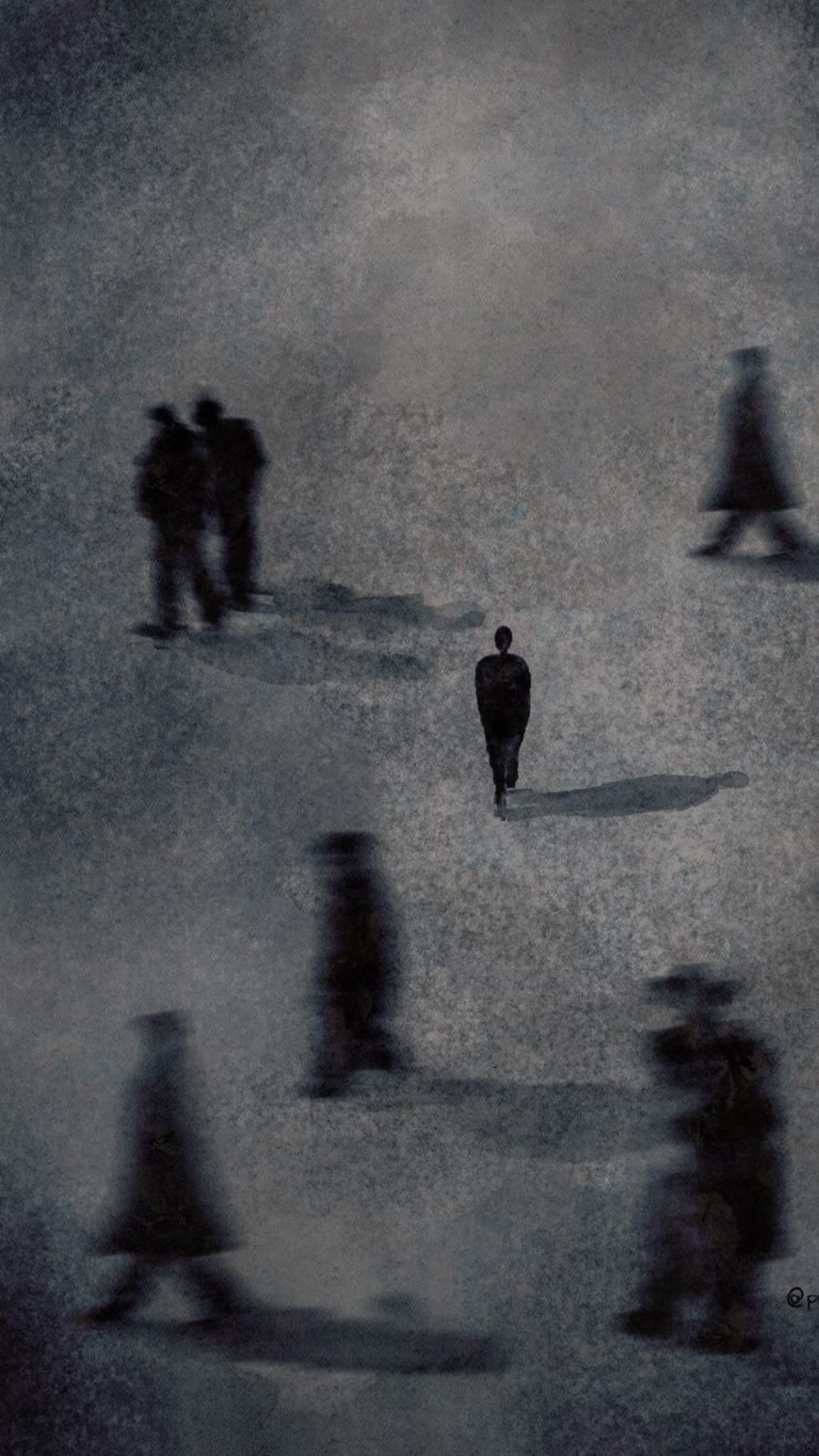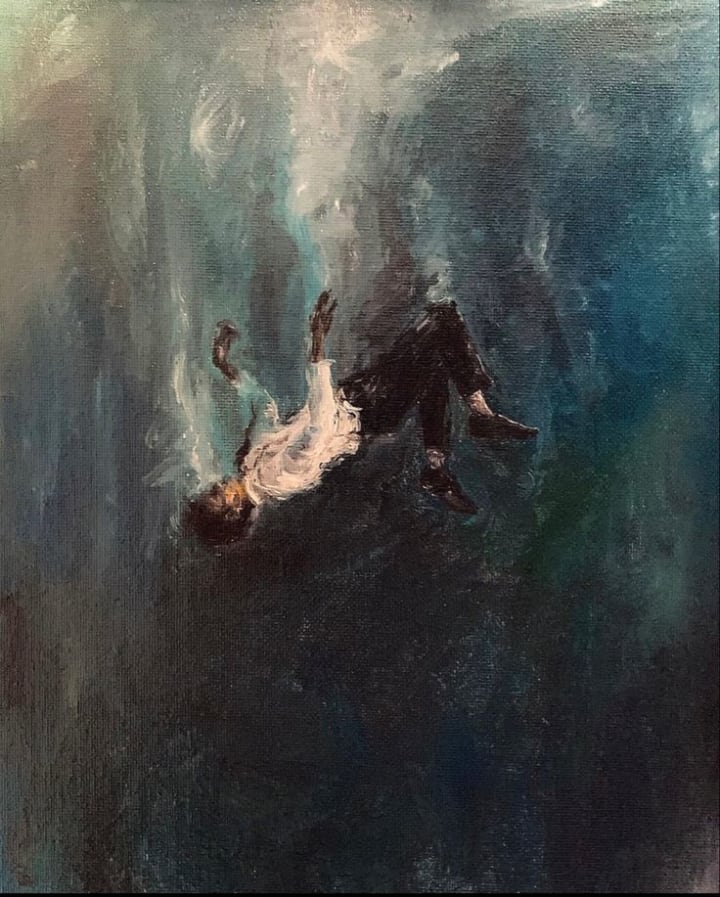The Silent Epidemic
How Loneliness Takes a Toll on Your Brain and Body

In the hustle and bustle of modern life, loneliness has become an epidemic silently affecting millions worldwide. Beyond the emotional distress it inflicts, loneliness has profound implications for physical health, with research revealing staggering statistics: a 29% increase in the risk of heart disease and a 32% increase in the risk of stroke among those who suffer from chronic loneliness. These numbers, as highlighted by Mia de Graph, Deputy Editor for Health at Business Insider, underscore the urgency of understanding how loneliness impacts both the brain and body.
Loneliness is a complex phenomenon, intricately intertwined with our social and psychological fabric. When meaningful social connections are lacking, the body perceives this absence, triggering a cascade of physiological responses. The sympathetic nervous system, responsible for the body's fight-or-flight response, goes into overdrive, heightening stress levels. Consequently, feelings of paranoia and suspicion may intensify, while the capacity for openness and connection diminishes—a phenomenon often referred to as the Paradox of Loneliness.
Central to this response are hormonal fluctuations. Cortisol, the body's primary stress hormone, surges, disrupting its natural rhythm and inducing a state of heightened arousal akin to caffeine consumption. Meanwhile, dopamine, the neurotransmitter associated with pleasure and reward, increases, driving individuals towards impulsive behaviors and short-term gratification. However, amidst this hormonal chaos, crucial neurochemicals like serotonin, oxytocin, and natural opioids experience a decline, robbing individuals of their natural pain relief mechanisms and sense of well-being.
The short-term consequences of loneliness are evident in increased anxiety, fatigue, and diminished motivation to engage with the world. However, the long-term effects are far more insidious. Chronic loneliness correlates with a weakened immune system, rendering individuals more susceptible to infections such as the flu and COVID-19. Moreover, it exacerbates existing conditions, contributing to chronic pain and inflammation, both of which are linked to a host of debilitating illnesses, including cardiovascular disease.

Indeed, loneliness emerges as a significant risk factor for heart disease, the leading cause of death in the United States. Its impact on mortality rates is comparable to smoking, highlighting its dire implications for public health. Furthermore, studies suggest that loneliness can reduce life expectancy, underscoring the urgency of addressing this pervasive issue.
Yet, amidst the bleak landscape painted by loneliness, there is hope. Research demonstrates that even small acts of connection can significantly mitigate its detrimental effects. Whether it's hearing the voice of a loved one, engaging in art therapy, or simply spending time in nature, meaningful interactions have tangible benefits for both physical and emotional well-being.
Art therapy, in particular, has gained traction as a holistic approach to addressing loneliness and its associated ailments. By tapping into creative expression, individuals can explore and process their emotions, fostering a sense of connection and belonging. Similarly, exposure to nature has been shown to reduce stress levels and improve overall health, making outdoor activities a potent antidote to loneliness.
Moreover, reaching out to others—whether through socializing, exercising, or volunteering—can have profound effects on mental and physical health. The key lies not in mere social presence but in genuine connection—a shared understanding that transcends superficial interactions. By prioritizing meaningful connections, individuals can cultivate resilience against the corrosive effects of loneliness.
In conclusion, loneliness is a pervasive and multifaceted phenomenon with profound implications for health and well-being. Its toll on the brain and body is staggering, yet not insurmountable. By fostering genuine connections, embracing creative expression, and immersing oneself in the healing power of nature, individuals can navigate the depths of loneliness and emerge stronger and more resilient. In a world increasingly defined by isolation, the antidote lies in our capacity for connection—a beacon of hope amidst the shadows of loneliness.






Comments
There are no comments for this story
Be the first to respond and start the conversation.